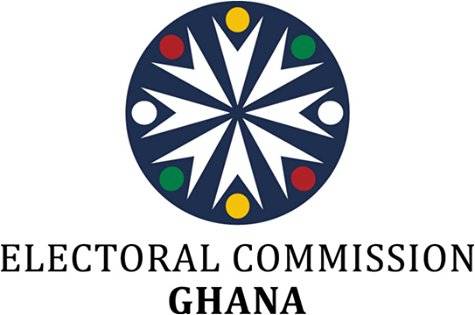Accra, Ghana — In light of the heightened wave of misinformation in Ghana, especially with general elections approaching, a call has been made for better strategies in communication by the Electoral Commission. Concerned civil society organizations and political analysts alike have expressed disquiet about the implications of false information on the integrity of the electoral process and on the confidence of the public.
Recent studies show that misinformation significantly impacts voter behaviour and decisions. With the December 2024 elections fast approaching, there has never been a more urgent time to get credible information out of the EC. In a press briefing on Thursday, representatives from various advocacy groups highlighted how some of these misleading narratives have begun to creep out in damaging fashion to soil the credibility of the electoral body and, more importantly, the democratic process.
As would be explained by a political analyst, Dr. Kofi Asante, what was needed to be done was for the EC to go proactive: "The EC needs not just to put out timely releases, but also undertake public education campaigns that explain how electoral processes are done and separate myths from fact." He noted that misinformation exists in an information vacuum, a reason transparency would be very important.
While this might be a concern, the EC has come out to assure the public that it is using all ways possible to disseminate correct information down to the grassroots through social media, press releases, and outreach programs. Yet, critics are quick to note that it needs to increase efforts to reach those communities, too, that are almost always marginalized in such circumstances.
The civil society organizations also want joint collaboration of efforts with the EC to develop an all-inclusive strategy, entailing fact-checking projects with engagement with media houses for verification of information to be disseminated during the electoral period.
As the country heads into the elections, this call to action for the EC reflects the greater concern for securing Ghana's democracy. Notably, this would involve a key commitment to ensuring access to information for voters to sustain confidence in and fabricate an informed electorate. Less than one-and-a-half years to the polls, the time to act is now.




No comments yet
Be the first to share your thoughts!